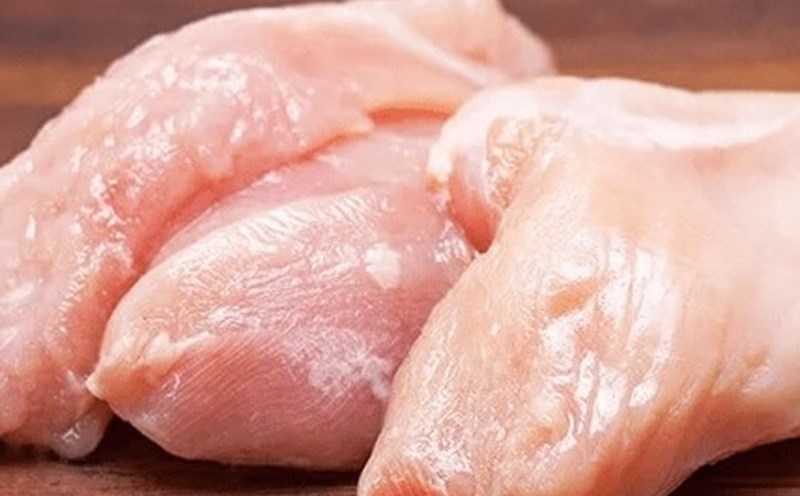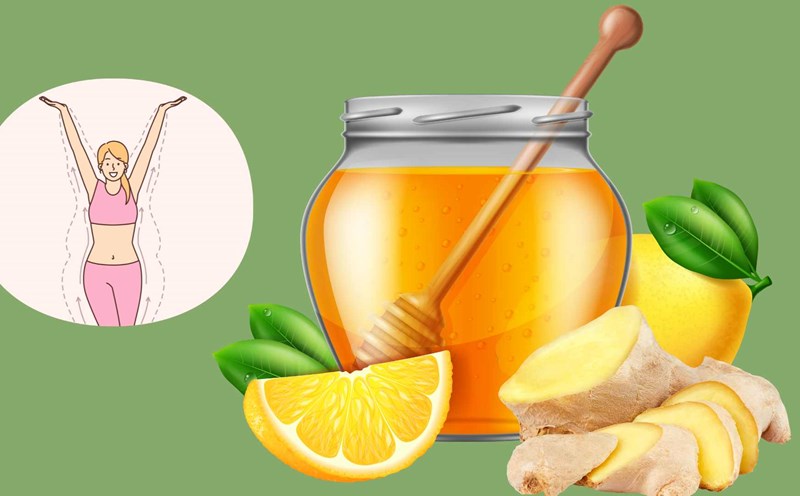Comparing nutritional value
Protein is an essential nutrient that contributes to muscle maintenance, supports weight loss and improves overall health. In addition to fresh food, protein powders are used by many people as supplements. Of which, the two most popular are whey protein (originating from milk) and peanut protein (originating from plant).
According to nutritionist Amy Brownstein, MS, RDN, verywell Health (USA): Both whey and bean protein are complete proteins, providing 9 essential amino acids for the body. The choice depends mainly on the needs and personal health status".
In terms of ingredients, 25g of bean protein powder provides about 19g of protein, more iron (meeting 33-75% of the recommended requirement), but contains more sodium than whey. Meanwhile, whey has 22g of protein, low in sodium, rich in leucine and branched- chain amino acids, supporting faster digestion.
Notably, bean protein is suitable for vegetarians or lactose intolerants, while whey is suitable for those who are not allergic to milk and want to recover muscle quickly after exercise.
Effective in weight loss and muscle gain
Many studies show that both whey and bean protein support effective weight loss when combined with a low-calorie diet and exercise. Both of these can reduce hunger, regulate appetite, and help maintain muscle mass during weight loss.
For muscle growth, research results in healthy adults show that there is no significant difference between whey and bean protein in terms of muscle growth, strength or recovery after exercise. However, some evidence suggests that whey may be slightly better at reducing muscle damage after high-intensity exercise, especially in older adults.
The difference between whey and bean protein is often not too big in terms of physical outcomes, emphasizes Dr. Sohaib Imtiaz, MD, a UK health expert. The important thing is to choose the type that suits your location, preferences and long-term goals".
Things to note when choosing
Allergens: People with milk allergies should avoid whey, while people sensitive to peas should avoid bean protein.
Eat vegetarian and lactose intolerance: Bean protein is a safe choice.
Nutritional needs: If iron is needed, bean protein has an advantage. If priority is given to absorption speed and muscle recovery, whey is somewhat superior.
Product label: Because protein powder belongs to the group of dietary supplements, you should choose products that have been inspected by independent organizations to ensure quality and safety.
There is no absolute answer to which protein is better. Choosing whey or bean protein should be based on diet, exercise goals, health history and convenience in use. When used properly, both bring significant benefits to health and fitness.











